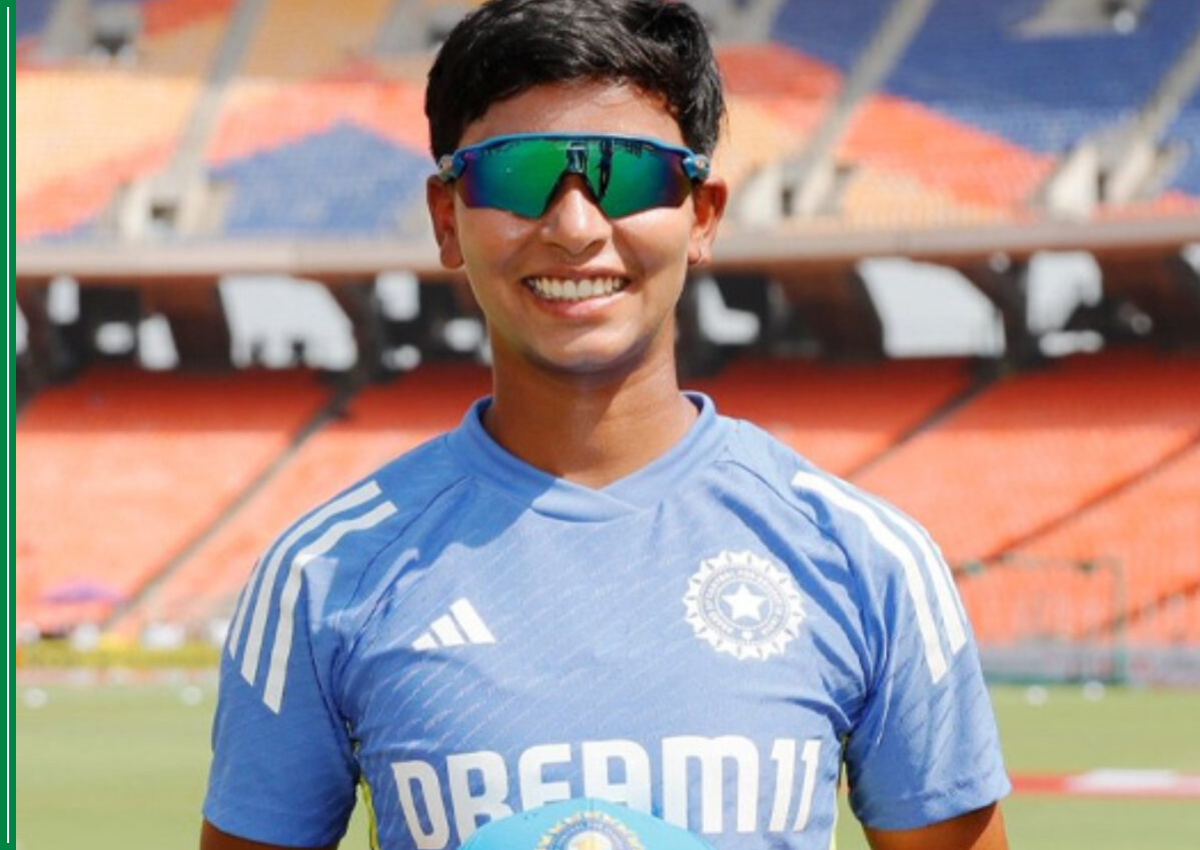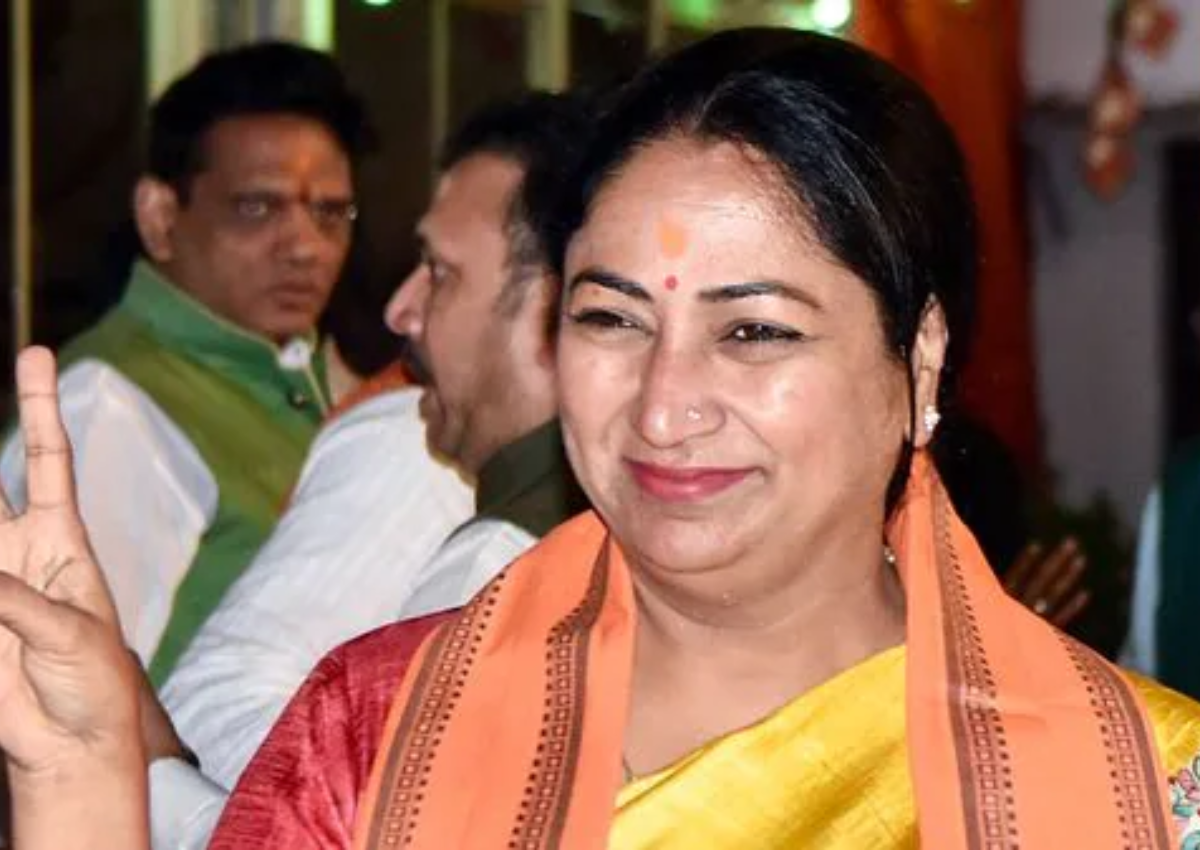Parties already provide free bus travel as a sort of welfare, but what about public transportation safety? Although they are providing cooking gas cylinders at a reduced cost, what about ladies who are burned by their husbands and his family?
Crimes against women are rarely an election topic, but they frequently become a source of political controversy. Despite the continuous backbiting over the sex video scandal in Karnataka and the Sandeshkhali controversy in West Bengal, women are not likely to vote against the party or the leader engaged in such despicable acts. Despite the fact that isolated crimes against women do not become an election issue for women, successive elections have demonstrated that law and order in general does. However, incidents such as those reported from Manipur, Hathras, the Nirbhaya gang rape, Unnao, and the widely publicized case of the women wrestlers do touch their sensibilities.

The party high command may have by now repeated Brij Bhushan Singh’s candidacy from the Kaiserganj constituency in central Uttar Pradesh if women had not spoken out against the former president of the Wrestling Federation of India (WFI) and member of parliament (MP) for the Bharatiya Janata Party (BJP). This is especially true given that Singh also has influence in the neighboring constituencies of Gonda and Bahraich.
Singh, a three-time winner from Kaiserganj in 2009, 2014, and 2019, is probably going to run as an independent. With just two days remaining until the deadline for nominations, the BJP leadership has yet to decide on their party’s nominee.
Despite the BJP’s 2014 slogan, “Bahut Hua Nari Par War, Abki Baar Modi Sarkar,” there has been no end to these crimes. In an effort to generate excitement before the 2022 UP assembly elections, the Congress party focused on women’s security. Priyanka Gandhi spearheaded the “Mein Ladki Hun Lad Sakti Hun” campaign. “Justice for different categories” is referenced in the party manifesto, although crimes against women are not particularly addressed.
During his rallies, Uttar Pradesh Chief Minister Yogi Adityanath has frequently brought up the use of bulldozers to destroy offenders’ homes. At rallies in West Bengal and Maharashtra, the chief minister made reference to the notorious Sandeshkhali episode and the Palghar incident in Maharashtra, when vigilante groups lynched two Sadhus in 2020, saying that “we would have hanged the culprits, upside down.” It is still the case that Uttar Pradesh leads the nation in the quantity of crimes committed against women, with Maharashtra coming in second. These statistics are from the National Crime Records Bureau (NCRB) for the year 2022. Despite a high conviction rate, the state recorded up to 65,743 cases.
The women of the state were shaken by the Unnao and Hathras occurrences as well, but they chose to overlook the cases when it came to choose their representatives in the Lok Sabha and Vidhan Sabha elections of 2019 and 2022, respectively: neither crime became an electoral issue.
Why? Social entrepreneur and educator Dr. Urvashi Sahni claims that women don’t vote on issues like crime against women for two reasons: first, they are preoccupied with pressing matters related to their livelihood, and second, they accept crimes like domestic abuse and sexual assault by saying, “woh to hota hi auroton ke saath,” which effectively normalizes them.
Sahni remarked, “But I think we need to vote en masse on these issues and hold our governments accountable.”
Former director of the Lucknow University Institute of Women Studies Dr. Rakesh Chandra, who has also written gender reports for the United Nations Development Programme (UNDP), cited an earlier study by the Institute that looked at quality of life issues in ten districts and found that many of them prioritized things like drinking water and health services.
Ironically, India granted women the opportunity to vote in all general elections from the country’s very beginning. More recently, a 33% quota in legislative bodies was introduced, albeit it hasn’t been operationalized yet. Women are now more involved in electoral politics than ever before, which means that women’s problems must be included in the manifestos of all political parties. But as was already said, political agendas do not clearly address crime against women.
Certain women, who wished to remain anonymous, requested that their counterparts in the political system put pressure on party leaderships to initiate gender-sensitization programs for the whole membership, from the top down, to prevent them from abusing their power and committing crimes against women. They declared that the idea that they could commit murder while in authority had to end.
Others believed that women ought to act as pressure groups and make sure that topics such as crimes against women and particular measures to prevent them were included in the platform of every political party. They already provide free bus travel as a sort of assistance, but what about public transportation safety? While they are providing cooking gas cylinders at a reduced cost, what about women who are burned by their families and husbands?
We continue to live in dread because political parties want our votes, and we comply. This needs to stop. Voting is one way we can make sure that Karnataka doesn’t happen again.














